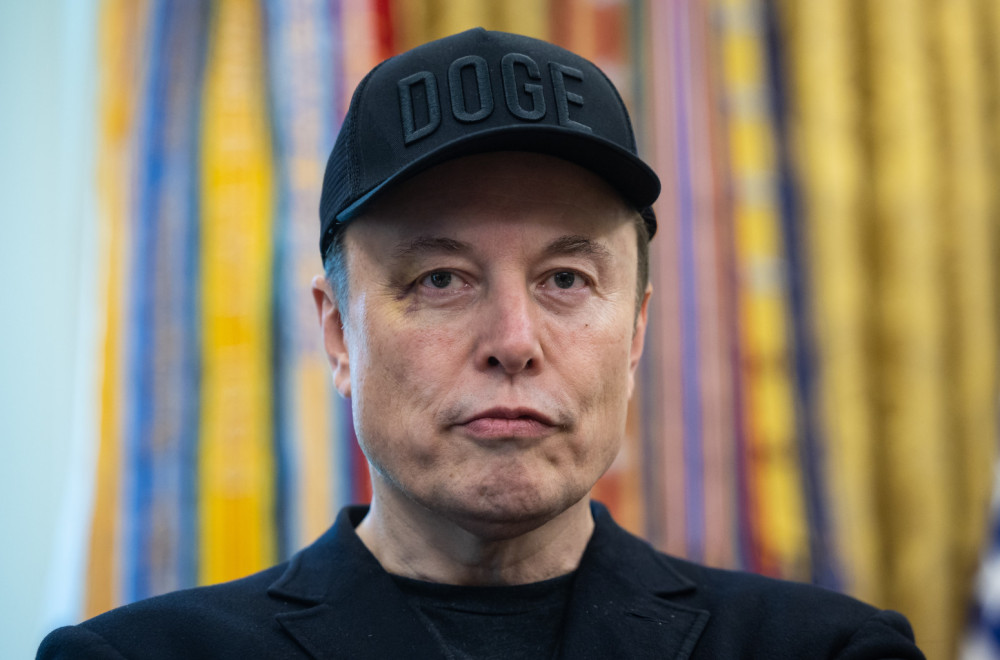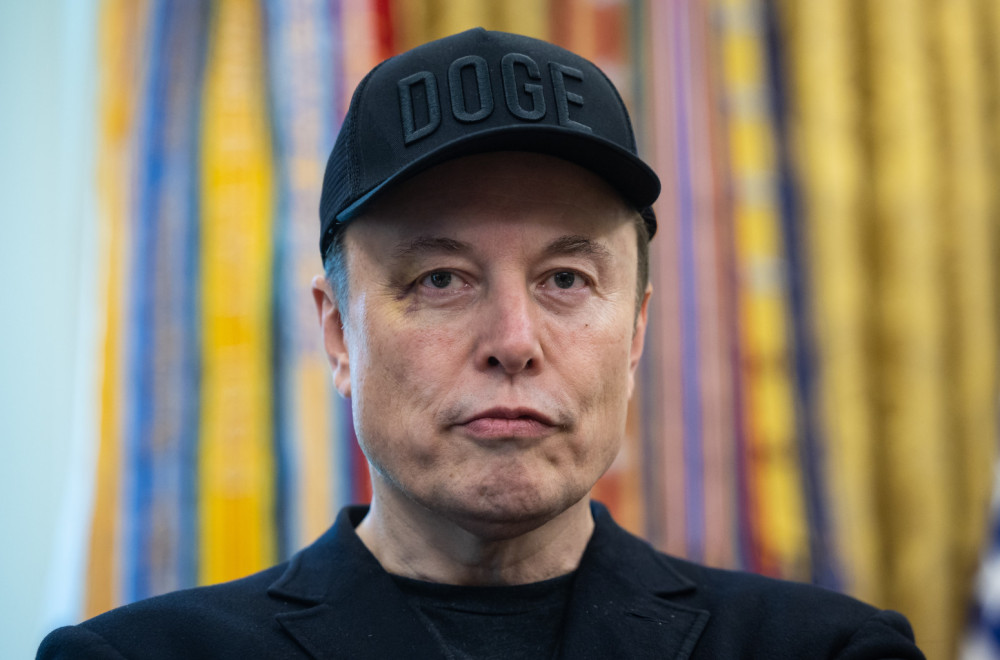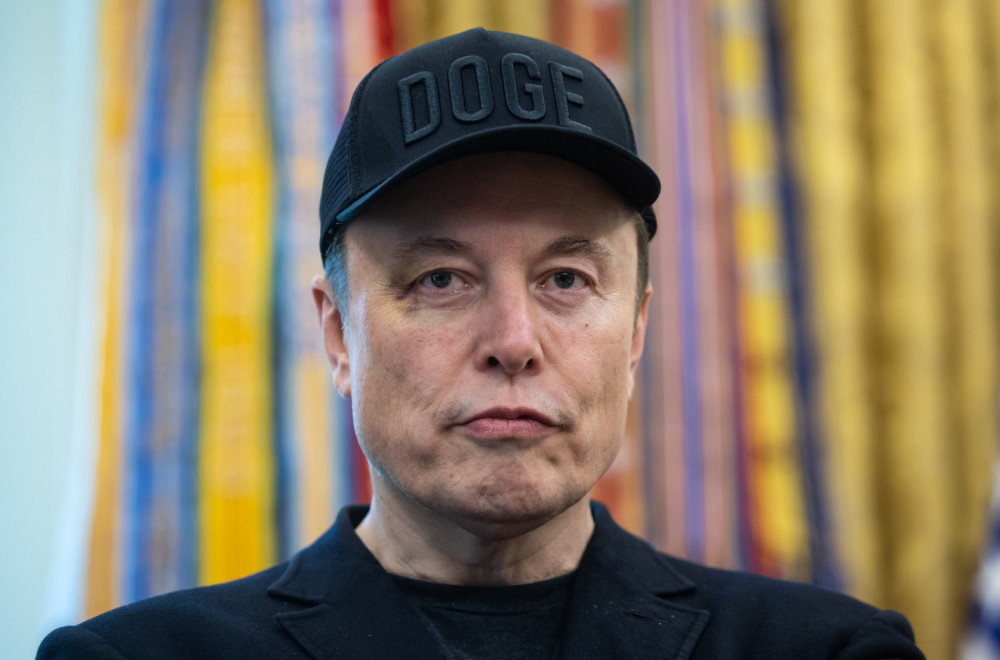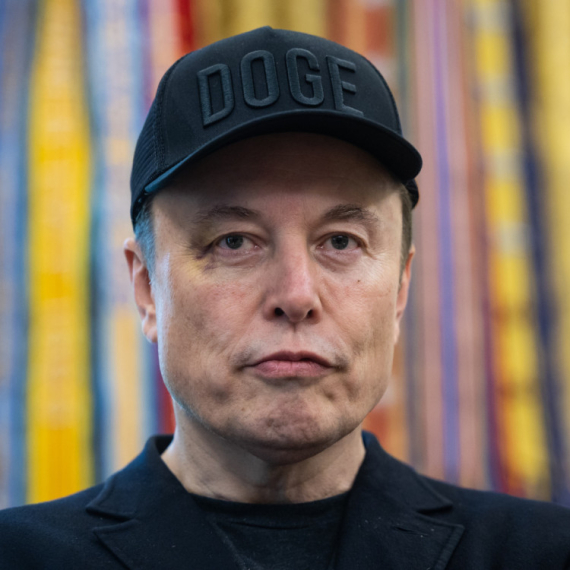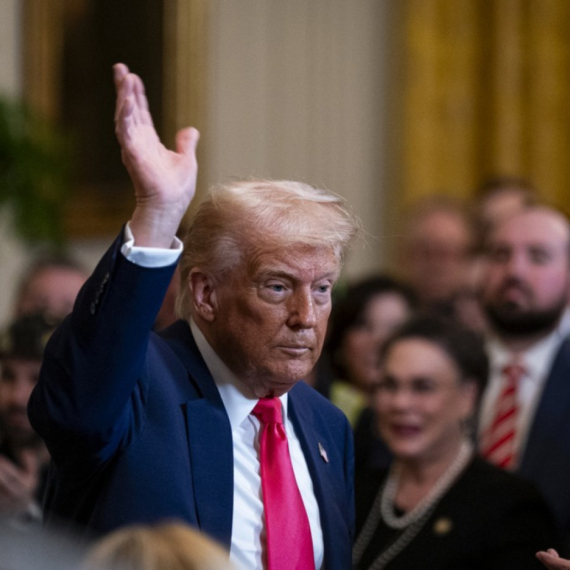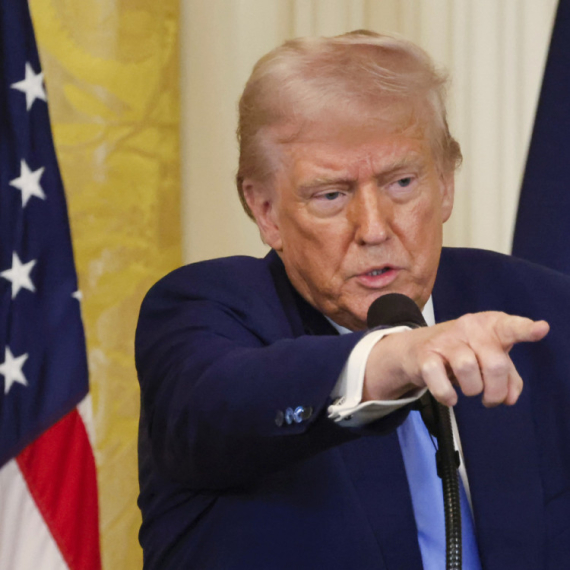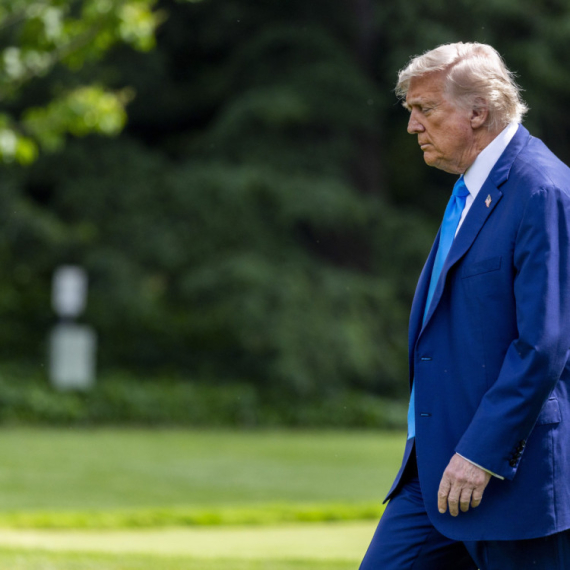Elon Musk announced the formation of a new political party called the “American Party” following a public clash with former U.S. President Donald Trump. Musk criticized Trump’s proposal to increase the national debt and reduce incentives for electric vehicles, while Trump claimed Musk was upset about the reduction of subsidies for Tesla. Musk stated that the new party aims to represent the 80% of Americans who identify as centrists. Trump responded by questioning Musk’s motives and highlighting his own achievements during his presidency. The announcement has sparked mixed reactions, with some Republican officials expressing skepticism about Musk’s claims. The topic has attracted significant media and social media attention.
Political Perspectives:
Left: Left-leaning outlets tend to emphasize the potential for Elon Musk’s new political party to disrupt the traditional two-party system in the U.S., highlighting the dissatisfaction of centrists with both Democrats and Republicans. They may also critique Musk’s motivations and question the feasibility and sincerity of his political ambitions.
Center: Centrist sources report the facts of the announcement, focusing on the details of the conflict between Musk and Trump, the proposed goals of the new party to represent the political middle, and the public reactions. They provide balanced coverage without strong bias, noting skepticism from some Republican figures and the broader political implications.
Right: Right-leaning media often highlight the conflict between Musk and Trump, sometimes portraying Musk as a critic of Trump’s policies, especially regarding government spending and subsidies. They may also focus on Trump’s defense and achievements, framing Musk’s new party as a potential spoiler or a challenge to traditional Republican dominance.





